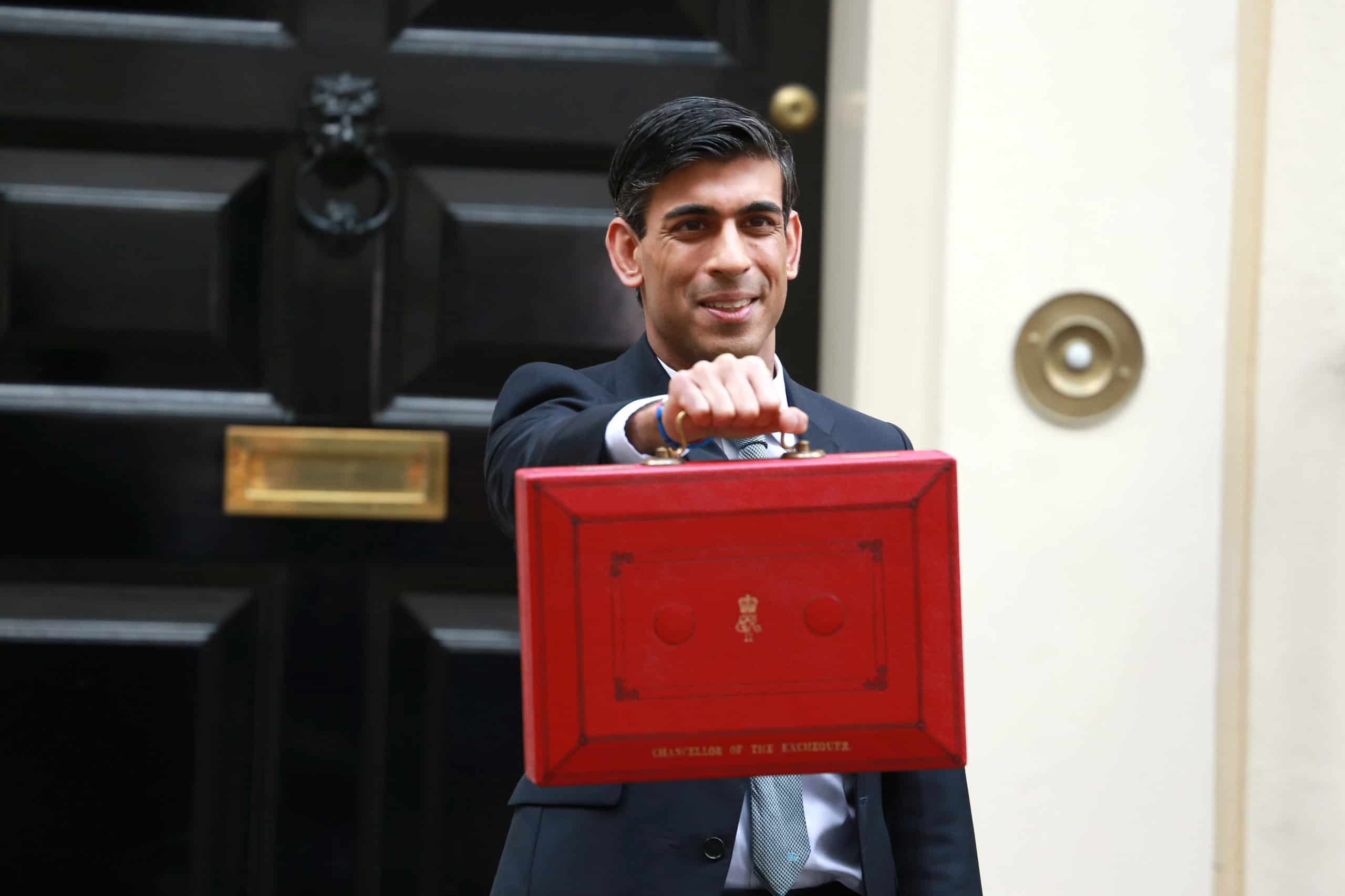
In Knight Frank’s latest residential market update, Bill outlines that when the time comes to raise taxes there is a balance to be struck given how historically cheap it remains for the government to borrow.
At this stage in the pandemic, a prolonged period of inflation is not on the horizon and quantitative easing will continue to keep downwards pressure on bond yields, according to Bill.
Nimesh Shah, chief executive of Blick Rothenberg, said: “The cost of debt is incredibly cheap, but the government’s endgame is clouded by politics.
“Rishi Sunak does not want to be known as the Chancellor who left a black hole in the economy, particularly if he has higher political ambitions.”
With a wealth tax currently off the table, Shah outlined that this explains why the focus is on areas like corporation tax and Capital Gains Tax (CGT).
In addition, it is suspected that stamp duty holiday alongside the furlough scheme may be extended within the Budget.
Sean Randall, a partner at Blick Rothenberg and chair of the Stamp Taxes Practitioners Group, said: “Extending the holiday would be a quick thing to do without consuming a lot of legislative time or effort.”
Bill believes that the fact the government have not denied reports that there will be a three-month extension to stamp duty is significant.
He noted that if the holiday did end in March, it would be accused of allowing momentum to drop at an important time by not responding to the speculation.
Furthermore, other support measures for the housing market to be announced on Wednesday include a guarantee scheme for 95% mortgages on properties worth up to £600,000.
On CGT, Shah believes it is too soon for the Chancellor to align rates with income tax, but believes it will happen eventually, possibly in the autumn.
He said: “It wouldn’t fit with a Budget that will primarily be about the extension of support.
“What he says will be more important than what he does because it will signal what may come later in the year.”
Matthew Braithwaite, a partner at law firm Wedlake Bell agrees on the timing of a CGT rise and said any sense of urgency among his clients to dispose of property has receded in recent weeks as speculation around an imminent change has died down.
Braithwaite said: “Along with a wealth tax and inheritance tax, I suspect that will be put in the ‘too difficult’ box at this Budget.
“More subtle tax changes are likely. For example, it’s not beyond the bounds of possibility that ATED will be increased.”
Shah added: “There is actually a case for a wealth tax to replace inheritance tax and Capital Gains Tax.
“It would mean an inflow of tax at a reasonable rate over a lifetime rather than on death or the disposal of an asset.”
A series of tax consultations will be launched later this month, which Shah said was evidence the government is thinking more widely about tax and is unlikely to announce anything meaningful before then.
Shah added: “The main concern of this government will be to present its finances in good order before the next election.
“To undertake these sorts of bigger changes you need a big majority and a clear five-year run.
“We almost had that with Rishi Sunak but then the pandemic hit.”



